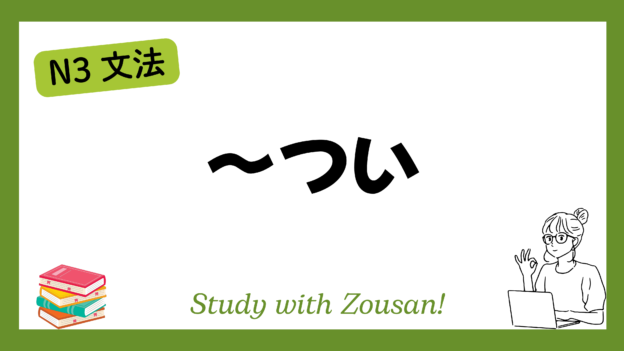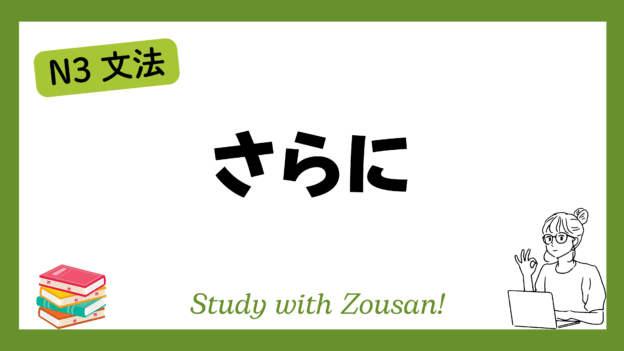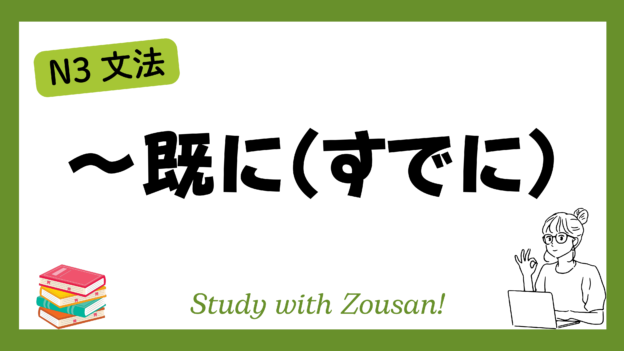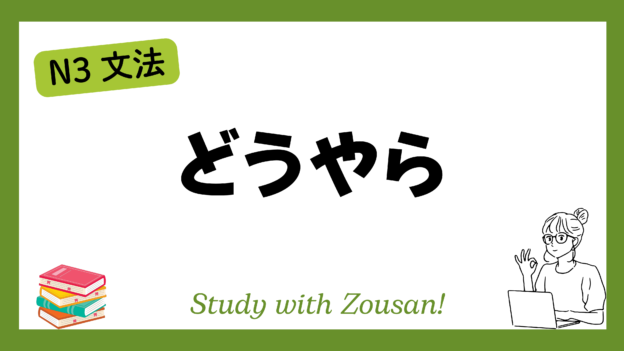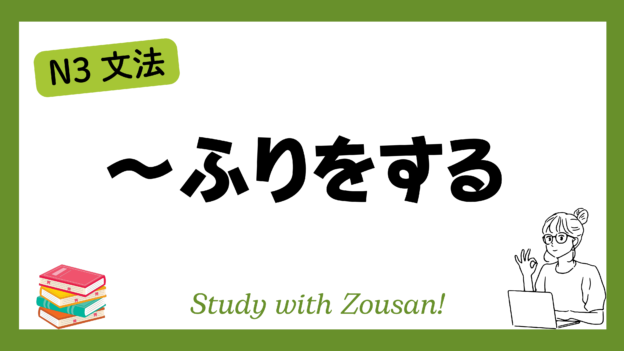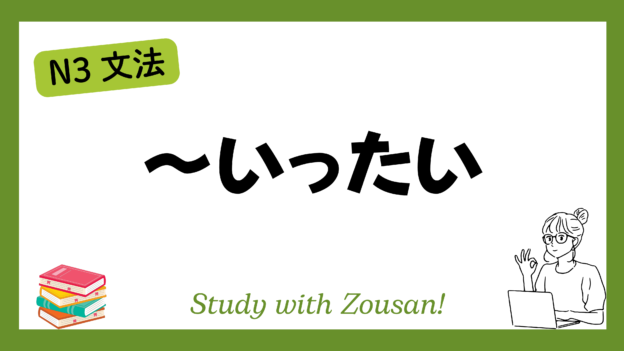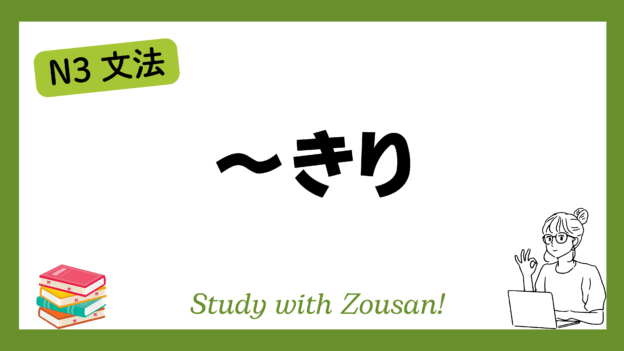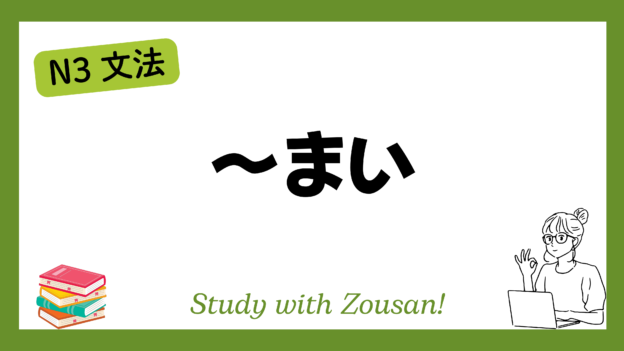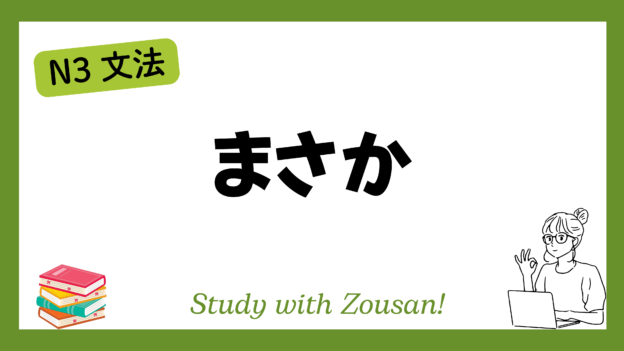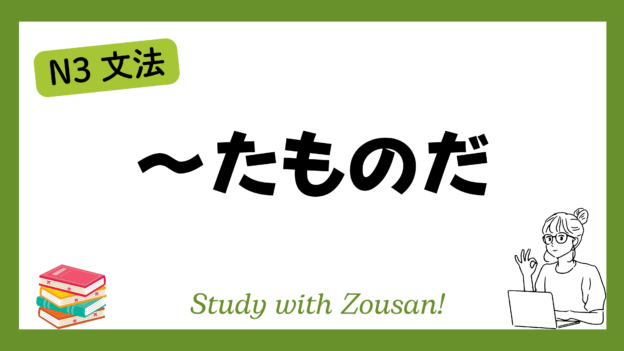Meaning: “Unintentionally”, “By accident”, “Without thinking”
“つい” is used to describe an action done unintentionally or unconsciously, often without planning or thinking beforehand. It expresses the idea of something happening “by accident” or “without meaning to”, typically followed by a sense of regret or realization afterward. It is often translated as “unintentionally”, “by accident”, or “without thinking”.
※Note: This expression is commonly used when someone does something against their better judgment or without intending to.
Structure:
| つい + | clause (often てしまう form) |
Example:
-
-
-
🌟 ついお菓子を食べてしまった。
(つい おかし を たべてしまった。)
I unintentionally ate the sweets. -
🌟 彼に会ったとき、つい怒ってしまった。
(かれ に あった とき、つい おこってしまった。)
When I saw him, I accidentally got angry. -
🌟 つい買いすぎてしまった。
(つい かいすぎてしまった。)
I ended up buying too much by accident. -
🌟 つい言いすぎてしまったことを後悔している。
(つい いいすぎてしまった こと を こうかい している。)
I regret unintentionally saying too much. -
🌟 つい彼の秘密を話してしまった。
(つい かれ の ひみつ を はなしてしまった。)
I accidentally told his secret. -
🌟 ついテレビを見すぎてしまった。
(つい テレビ を みすぎてしまった。)
I ended up watching too much TV without thinking. -
🌟 つい忘れてしまった。
(つい わすれてしまった。)
I accidentally forgot. -
🌟 彼にお願いされたので、つい断れなかった。
(かれ に おねがい された ので、つい ことわれなかった。)
He asked me, so I couldn’t refuse unintentionally. -
🌟 つい冗談を言ってしまった。
(つい じょうだん を いってしまった。)
I accidentally made a joke. -
🌟 つい電話するのを忘れてしまった。
(つい でんわ する の を わすれてしまった。)
I forgot to make the call without realizing it.
-
-


